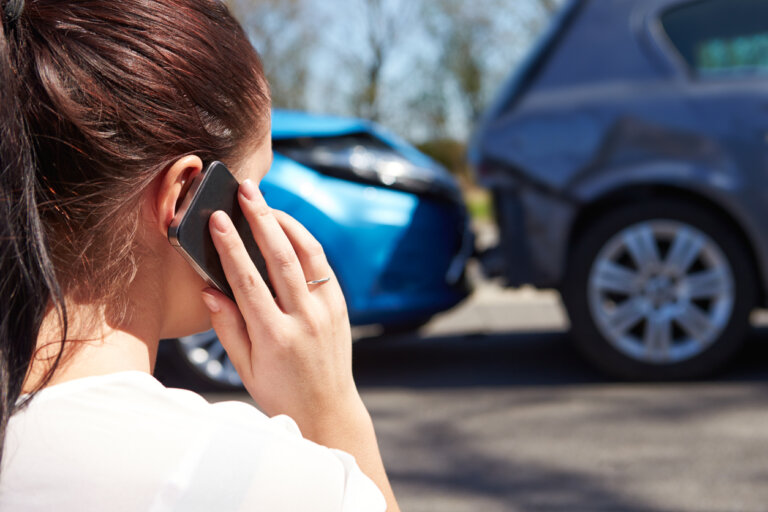It’s the worst. You’ve been in a car accident. Even the most minor accident can be stressful and overwhelming. Your adrenaline is surging and you’re wondering what steps to take next. Your mind is bouncing from thinking “am I okay?” to “Should I call the police?” The short answer is yes—almost always.
At Hernandez Sunosky LLP, we have over forty years of combined personal injury law experience. Below, we break down why calling the police after a car accident is the right move and what legal implications come into play if you don’t.
Why Calling the Police Is So Important
Whether it’s a minor fender-bender or a serious collision, contacting the police after an accident is not just good practice—it can be a legal requirement. State law says drivers must report any accident that involves injury, death, or apparent property damage above $1,000.
Even in cases that seem minor, calling the police protects your legal interests.
Is a Police Report Required for a Car Accident in Texas?
In Texas, you’re legally required to report a car accident to the police if it results in injury, death, or property damage exceeding $1,000. Failing to do so can lead to serious consequences, including fines, license suspension, or even criminal charges. Even if the accident seems minor, it’s wise to call the police, as injuries and damages may not be immediately apparent. A police report provides an objective account of the incident, which can be crucial for insurance claims and legal proceedings. Without it, proving fault or the extent of damages becomes significantly more challenging. If you’re involved in an accident, prioritize safety, call 911, and consult with a legal professional to protect your rights.
A Police Report Helps Establish Facts
When officers arrive at the scene, they document:
- The location, date, and time of the accident
- The parties involved and their contact/insurance information
- Witness statements
- An initial assessment of who may be at fault
This police report becomes a key piece of evidence when filing insurance claims or pursuing legal action.
Legal Requirements in Houston and Texas
Under state law, drivers are required to notify law enforcement in the following situations:
- Someone is injured or killed
- A vehicle is so damaged it can’t be safely driven
- Property damage is likely over $1,000
- One of the parties flees the scene (hit-and-run)
Failing to report the accident in these cases can lead to criminal penalties, including fines or even jail time.
What If the Other Driver Asks Not to Call?
In some cases, the other driver may ask you to “handle it privately.” They may promise to pay for damages out-of-pocket or beg you not to involve law enforcement. While this might seem easier at the moment, it can backfire.
Here’s why you should still call the police:
- The other driver could later deny responsibility
- You might discover hidden injuries or vehicle damage after leaving the scene
- They could give you false information or have no insurance
Proving your case becomes much harder without a police report—especially if the other party changes their story.
When You Can Skip the Call
There are very few instances where you might not need to call the police, such as:
- A minor bump in a parking lot with no damage or injury
- You and the other party have already filed a report at a local police station (not recommended unless absolutely certain)
But when in doubt, it’s best to make the call.
How a Houston Car Accident Attorney Can Help
An experienced car accident lawyer can help you:
- Understand your legal rights
- Deal with insurance adjusters
- Collect and preserve crucial evidence
- File a personal injury claim if needed
If you or a loved one has been involved in a car accident, contact our firm today for a free consultation. We’re ready and waiting to guide you every step of the way.

